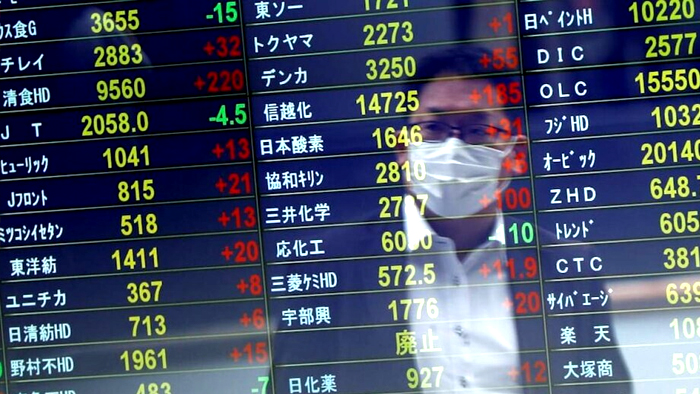Most Asian stock markets fell on Friday and were likely to fall for the whole week as a result of hawkish central bank signals and worries about a possible recession. Japan’s Nikkei lags behind its peers as weak manufacturing data hurts major industrial stocks.
Most regional stock markets were also set to lose a lot this week, with indexes that were heavy in technology losing the most. This year, the sector has seen big drops because interest rates are going up, and things aren’t likely to get better soon.
Related: Asian stocks fall along with the dollar because the Fed is becoming more aggressive and China’s COVID is worried.
Japan’s Nikkei 225 index dropped nearly 2% on Friday. Industrial stocks fell the most after data showed that the country’s manufacturing sector shrank more than expected in December. Even though the economy as a whole grew thanks to the strength of the services sector, industrial production is slowing down, which is bad news for the economy in the long run.
This week, the Nikkei 225 was expected to lose about 1.4%.
On Friday, Hong Kong’s Hang Seng was the only market that went against the trend. It rose 0.1%, while U.S.-listed firms also went up because of a better regulatory outlook. Still, with a 2.6% drop, the index was the worst performer in Asia this week.
Majors like Alibaba Group (HK: 9988) and JD.com Inc. (HK: 9618) went up after the U.S. accounting watchdog said on Thursday that it had full access to audit firms in China. This made it less likely that these firms would be delisted from U.S. exchanges.
But Chinese stocks went down after the U.S. government added 22 big Chinese companies to a trade blacklist on Thursday. This was part of a larger effort to stop China’s semiconductor industry. Both the Shanghai Shenzhen CSI 300 and the Shanghai Composite lost about 0.4%, with technology stocks losing the most.
This week, the Chinese indexes were also expected to fall by about 1.4% each because there were more COVID-19 cases in the country, which made people worry about a slow economic reopening.
When China reopened, there was a lot of uncertainty in a lot of places that were connected to China. On Friday, the KOSPI, the Taiwan Weighted Index, and the ASX 200 index in Australia all fell by 0.8% to 1.6%. This week, the three bourses were also expected to lose between 0.7% and 1.6%.
Related: Asian stocks increased on the U.S. reprieve from inflation, but Fed caution prevailed.
India’s Nifty 50 and BSE Sensex 30 indexes fell 0.7% and 0.6%, respectively, and were expected to fall 0.9% and 2.1% this week as they moved away from their record highs from earlier this month.

